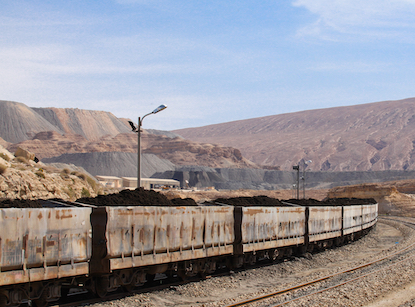Executive director and founding member of PA Center for Refugees and Immigrants.
In this special episode, Anooradha Iyer Siddiqi speaks with Alishine Osman, Anisa Salat, and Huma Gupta about their experiences of environmental scarcity and diaspora, as well as the refugee camps and urban environments that became the landscapes of that trajectory. These acts of ecological reclamation can take place on a local, international, planetary, or a historical level. The guests reflect upon their own experiences in practice and research, and how these have led them to their community-oriented, developmental, or scholarly practices of ecological reclamation in Somalia, Iraq and the United States. The questions posed in this episode were drafted and narrated by Barnard and Columbia students enrolled in Prof. Siddiqi's "Colonial Practices" Fall 2020 seminar and as part of the broader Building Solidarities: Racial Justice in the Built Environment lecture series.
-
{{langos!='ar'?item.title:item.arTitle}} {{item.duration | hhmmss}}
Guests


Works with underserved small and medium enterprise (SME) markets in the Somali region.
RELATED EPISODES
-
Environment in Context
Phosphates & the Political Economy of Environmental Transformation in Tunisia{{langos=='en'?('09/07/2020' | todate):('09/07/2020' | artodate)}} - issue 8.1 -
Environment in Context
Cement, War and Toxicity: The Materialities of Displacement in Iraq{{langos=='en'?('01/06/2020' | todate):('01/06/2020' | artodate)}} - issue 7.2








 - program image.jpeg)



